The Agora is a Database of Wisdom
Check out our elevator pitch or Sign in
Check out our elevator pitch or Sign in
Blackboard
See what's happening in the agora
Groups
Topics
All Topics
The mysterious CHAPTER LXIV of the Egyptian Book of the Dead
0
0
The Science and Philosophy of Ether, the Spherical Cosmos, and the World Soul
0
0
The Cloud Upon the Sanctuary by Karl von Eckhartshausen
0
0
Jason Reza Jorjani - Part One: Escaping the Prison Planet
0
0
Manly P. Hall: Victory of the Soul Over Circumstance
0
0
Informational Phase Space: An Neo-Anaxagoran Ontological and Metaphysical Paradigm
0
0
1
0
90 Years Later, G.I. Gurdjieff Finishes The End of All and Everything
Beginning the Esoteric Path by Richard Ruach
0
0
How does one begin to describe "Initiation"?
0
0
1
0
Hunter Spills The Beans On Most Incredible Sasquatch Encounter
0
0
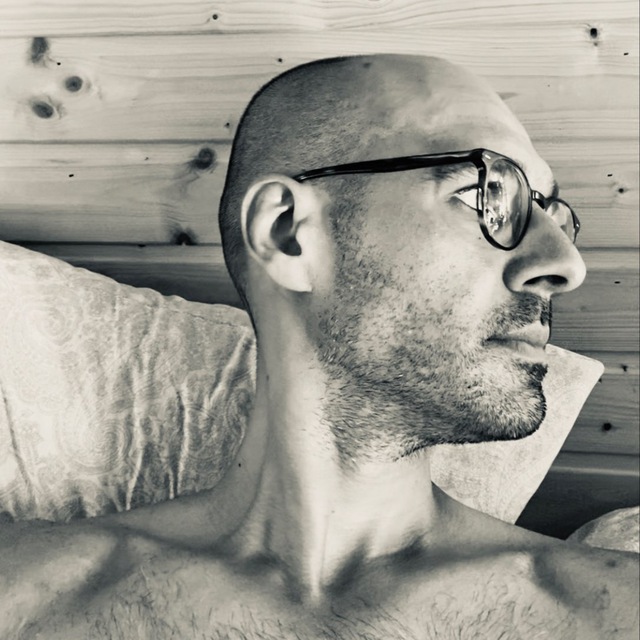

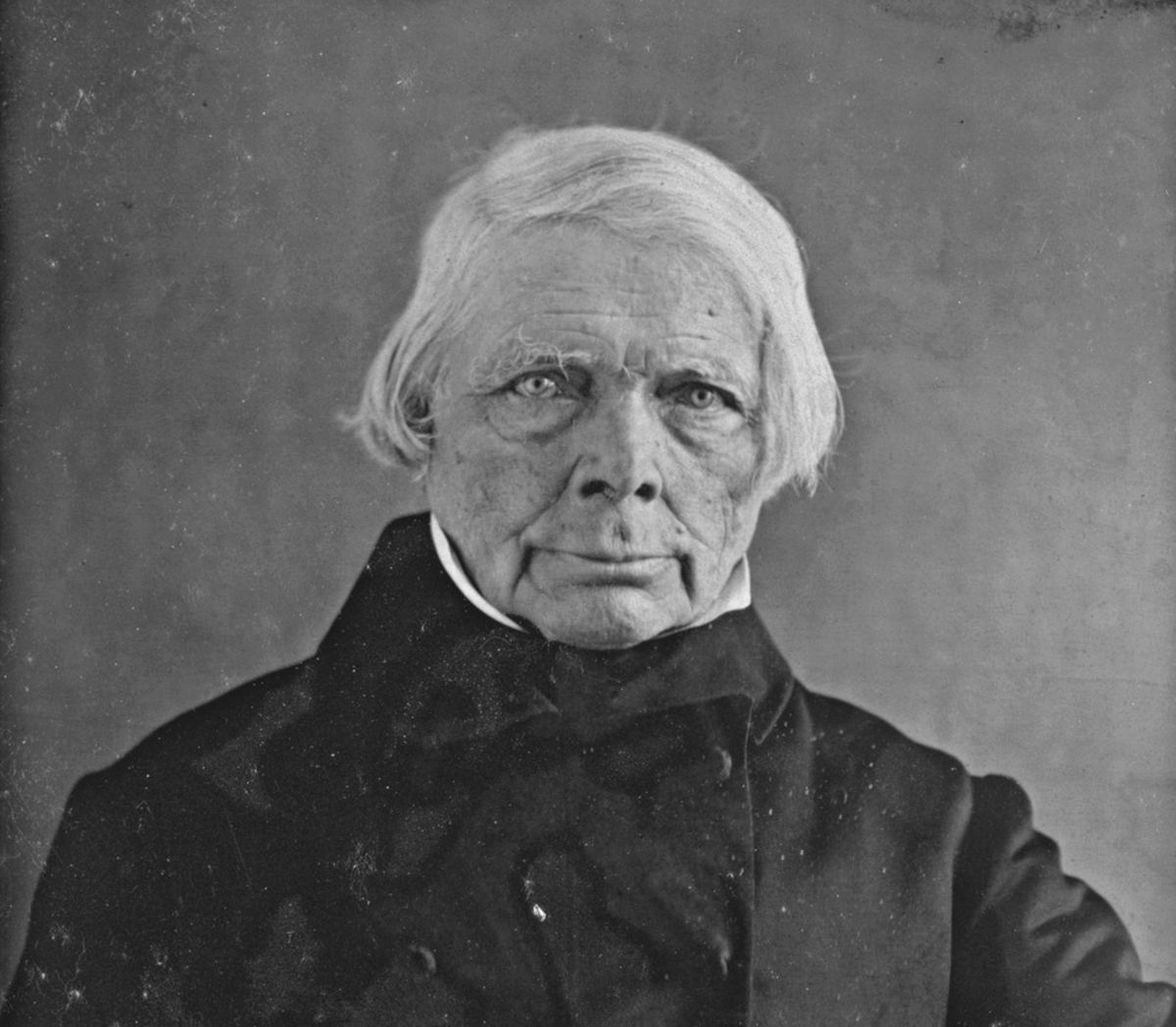
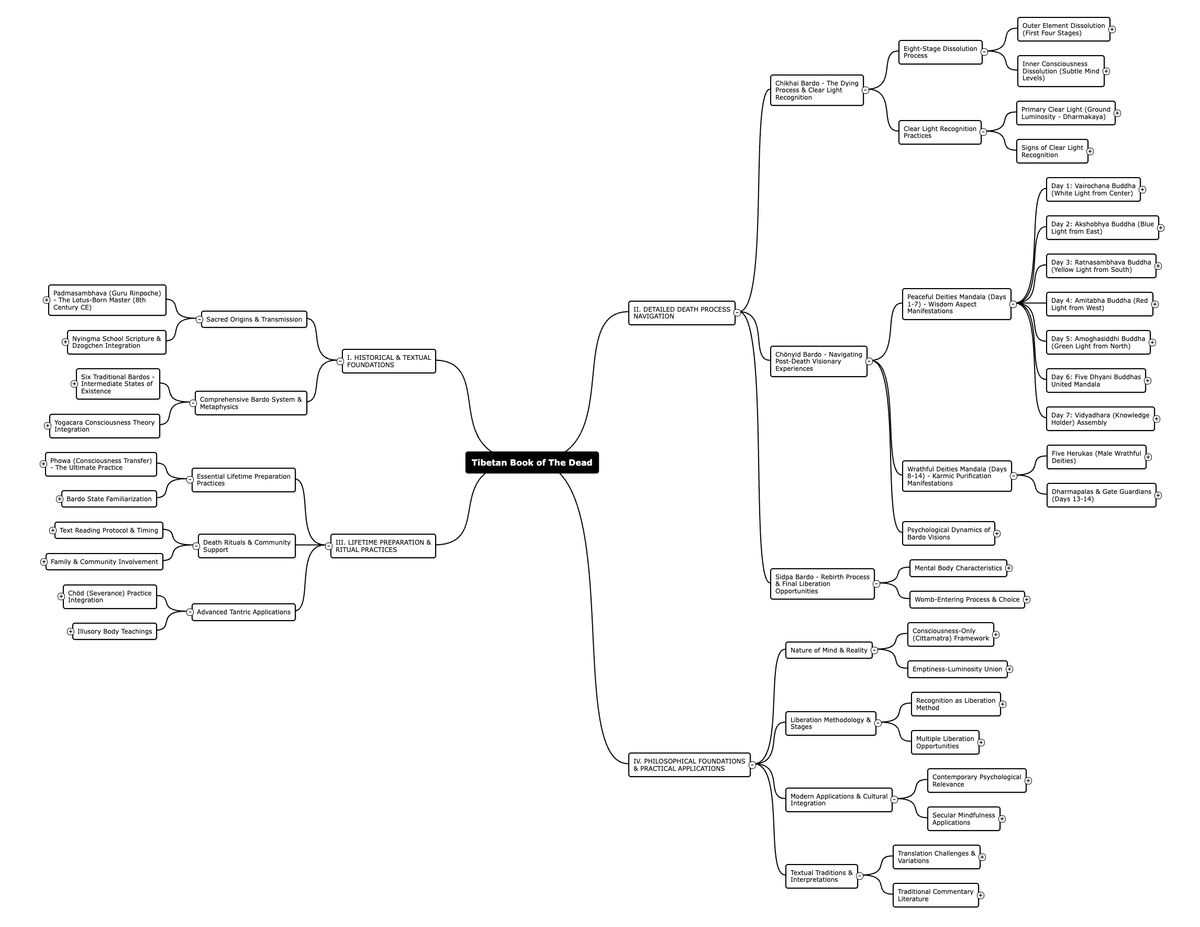
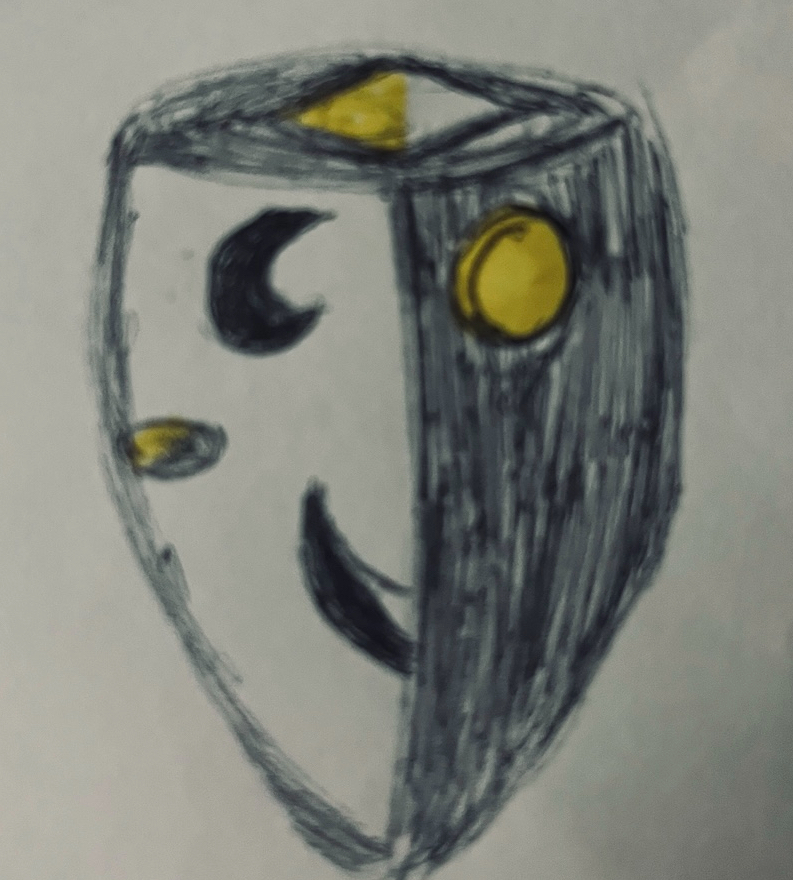
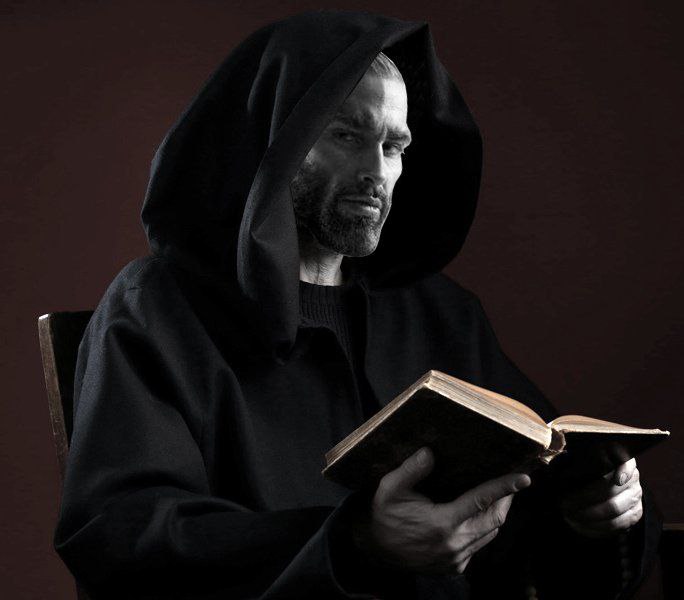
Credit: Jochen Kirchhoff
https://www.youtube.com/watch?v=F3qlJk4I6Kc